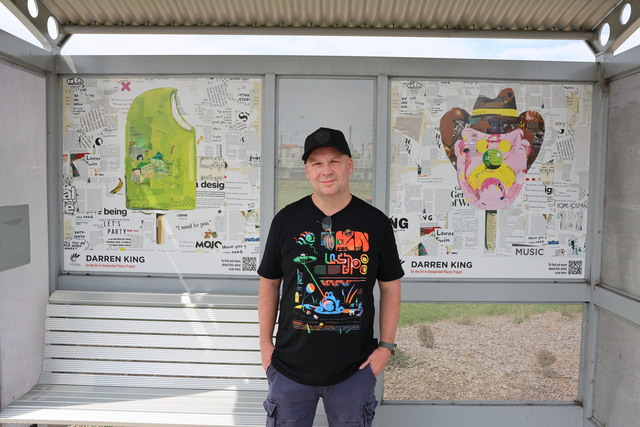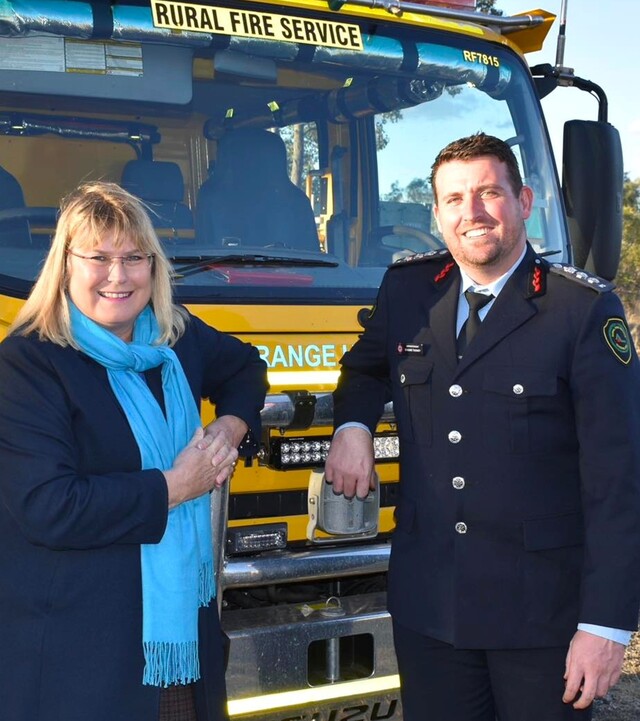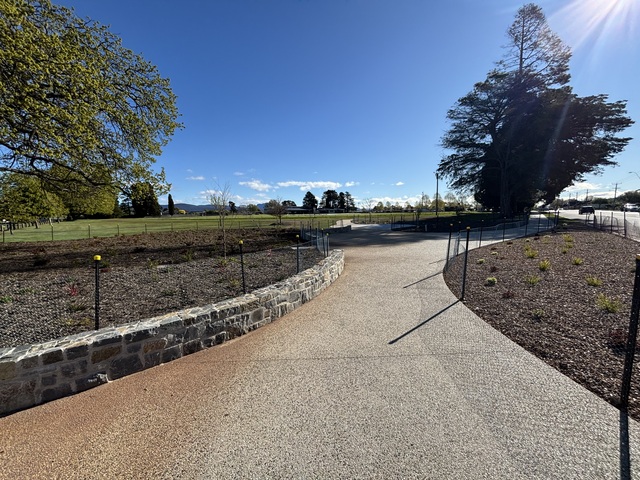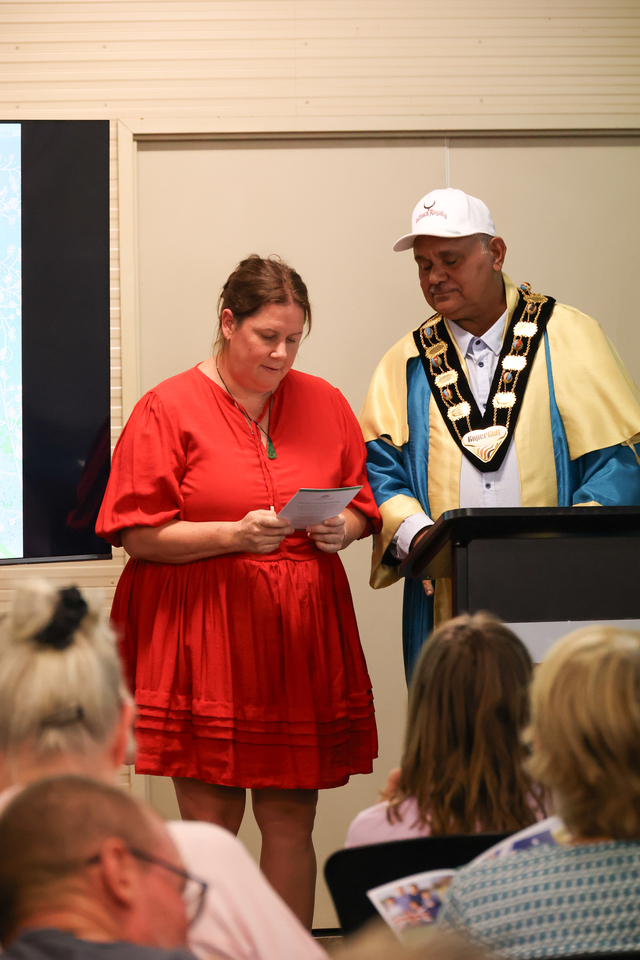One year ago exactly, Local Government FOCUS examined the impact of climate change and natural disasters on local governments and the communities they represent. In the April 2011 issue, the Australian Local Government Association (ALGA) called for a dedicated disaster mitigation fund to assist councils in preparing for the increase in severe weather events that is now a generally acknowledged aspect of climate change.
In this issue we ask the question, how far have we come? And, how do local governments or authorities cope with the aftermath of natural disaster? Further flooding in Queensland, New South Wales and Victoria and tropical cyclones in Western Australia have highlighted the need for swift assessment and funding processes, and for mitigation to be a focus of the concerted efforts of Local, State and Federal governments.
The significant damage and reconstruction bills that are just now emerging following the 2010 floods draw attention to the need for local governments to have access to increased revenue streams, without passing the cost on to ratepayers. This applies not only to areas dealing with disasters but to suburban local government areas, where essential infrastructure development and maintenance has become the victim of caps on developer levies and limitations on council revenue raising. A number of our articles tackle this controversial restriction on councils’ ability to raise the necessary funds to provide essential services to their communities.
It’s not all bad news, however. Our focus on Engineering and Public Works highlights some of the proactive steps local governments are taking right across Australia to improve and maintain infrastructure, parks and public spaces. Many of these major design and engineering projects have a commitment to preserving the natural environment, such as the reconstructed seawall in Busselton; to carbon emission reduction, with the cogeneration project between the Cities of Boroondara, Darebin, Monash and Yarra; or to sustainable development, with Parramatta City Council becoming one of only two councils in NSW to establish Environmental Upgrade Agreements (EUAs), making it easier for building owners to implement upgrades to their properties.
In the face of the ongoing strains on finances and infrastructure, councils continue in their efforts to represent and provide for their communities. Canada Bay in NSW has taken the progressive step of initiating a citizen’s panel to consult on council spending and services and Lismore City Council has called for a poll to establish the community’s view on Coal Seam Gas. It will be interesting to watch what happens over the upcoming months, with elections in many councils, significant pressure on Federal and State governments to reform laws impacting on councils’ ability to do their job, and the growing push for recognition of local government in the Australian Constitution.







